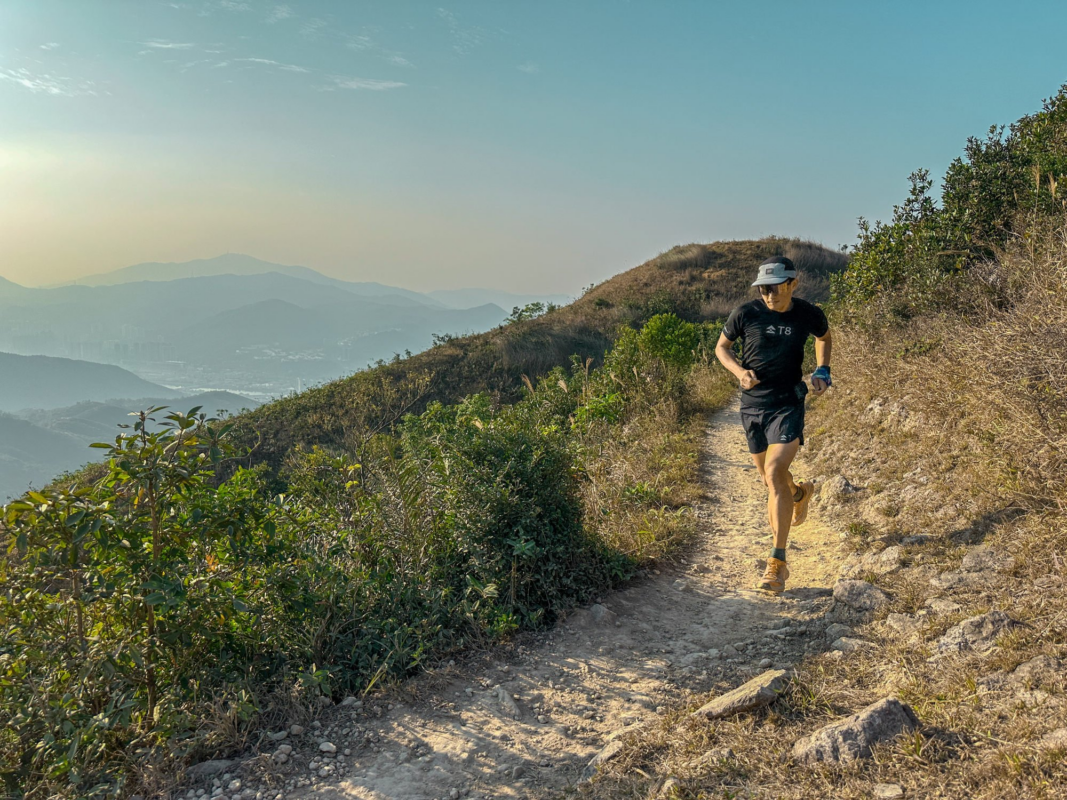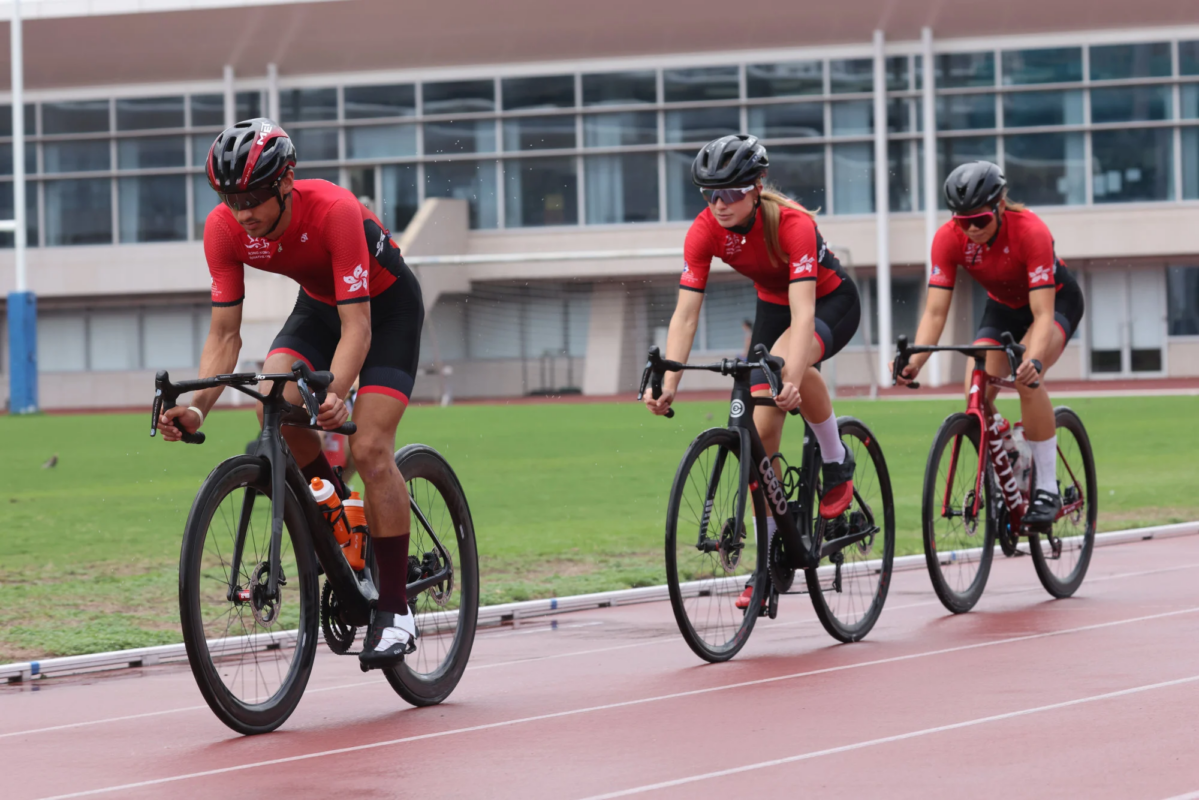News
The shortage of sports facilities hinders Hong Kong’s pursuit of more gold medals.

How will Hong Kong’s athletes fare at the Paris Olympics? Will their performance reflect the city’s progress in developing world-class athletes? Achieving a similar number of medals as the six won in Tokyo—comprising one gold, two silver, and three bronze, the city’s best-ever result—seems unlikely, given the exceptional nature of that achievement.
Each Olympic or Asian Games outcome prompts scrutiny of Hong Kong’s sports system’s effectiveness. There is a growing interest in public health and well-being, evidenced by increased participation in sports and expanded options for athletic activities in recent years. The notable rise in world-class trail-running events is particularly noteworthy, facilitated by Hong Kong’s expansive country parks.
Hong Kong’s sports structure includes a well-established pyramid, with the Hong Kong Sports Institute positioned at its apex. At the base of the pyramid are individuals who utilize numerous public facilities offered by the Leisure and Cultural Services Department for recreational sports. These activities primarily aim to promote enjoyment and enhance public health, rather than achieving competitive performance.
Between the recreational level and the Sports Institute, there exists a significant group of active athletes. This intermediate segment plays a crucial role as it fosters competition essential for developing top-tier athletes. A clear pathway from junior levels through this intermediate group is essential for advancing talented athletes to elite levels.
However, a notable challenge emerges here: Hong Kong lacks a sufficiently large pool of competitive athletes in this intermediate group to support a broader cohort of elite athletes capable of competing at the highest international levels.
The Hong Kong Sports Institute offers top-notch facilities and specialized training programs tailored for elite athletes. Eligibility criteria are stringent and revolve around success in specific events. Acceptance into the institute is determined by the performance of the sport itself, requiring the respective sports association to meet established standards for inclusion.
The sports association must demonstrate success at events like the Olympics or Asian Games to qualify for Tier A or Tier B status. Once accredited, it must maintain performance and meet targets during periodic evaluations. Failure to do so could result in demotion or loss of support.
Lack of access to the Sports Institute and its resources poses a significant barrier for sports and their athletes. Without access, individual sports associations must elevate their performance without the necessary facilities or funding to provide the high-level training required for entry into the Sports Institute. Many associations lack dedicated training facilities and rely on public venues, where they must compete with recreational users for space and time.
While the government invests heavily in sports with expectations of elite performance, this investment typically does not extend to expanding high-performance capabilities outside the Hong Kong Sports Institute. While most sports associations excel in organizing events and running training programs for new participants, they often face challenges due to insufficient facilities hindering their potential development.

Another facet of Hong Kong’s evolving sports landscape is the emergence of clubs or groups comprising highly competitive athletes. These individuals often train intensively, typically four to five days per week, and manage their own training regimens alongside their professional careers.
Operating largely through social media, these groups lack a dedicated venue and rely on their affiliations with relevant associations. Many include former elite athletes who contribute their skills and experience. They participate in competitions locally in Hong Kong and globally.
Furthermore, many sports now feature age-group competitions, forming the core of the intermediate group that supports the progression of elite athletes. These competitions provide training partners, race experience, and competitive opportunities up to a certain level. Retired elite athletes often join age-group events, including regular Masters World Championships where former Olympians frequently compete.
While Hong Kong athletes perform well at this level, there is minimal recognition of the positive image they bring to the city or official acknowledgment of the need for improved training facilities. Investing in permanent training facilities for sports associations, shared with subsidiary clubs and members, would significantly bolster this intermediate segment of the pyramid and enhance the development pathway for elite athletes before they advance to the Hong Kong Sports Institute.

The government needs to acknowledge the necessity of establishing permanent training facilities for sports associations to uphold high standards in sports performance across all levels. Sports are an integral part of society and their significance is enduring.
By recognizing and addressing this need, the government would enable sports associations to plan for their future requirements and make substantial investments in their own facilities. These facilities, designed specifically to enhance athlete performance beyond basic recreational needs, would foster new initiatives aimed at achieving excellence.
Such investments would contribute to producing a greater number of high-caliber athletes than Hong Kong’s current sports pyramid allows. While the impact on athletes’ performance in Paris may be limited, these efforts would lay a solid foundation for future successes, including at the 2028 Los Angeles Olympics and beyond.
Ian Brownlee serves as the managing director of Masterplan Limited, a planning and development consultancy. He also advises the Hong Kong Water Sports Council and actively participates in masters competitions across multiple sports.
